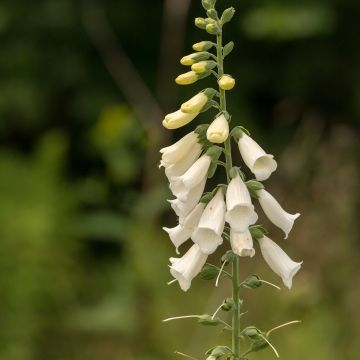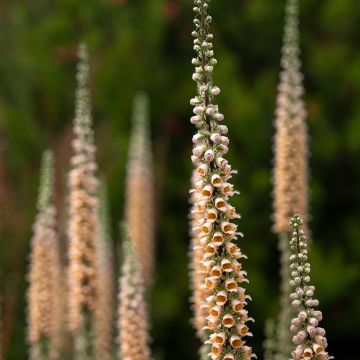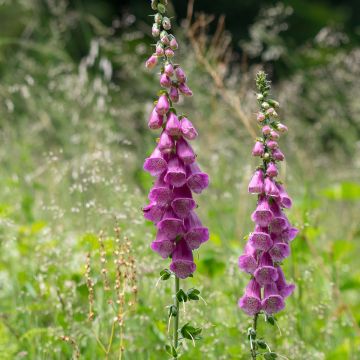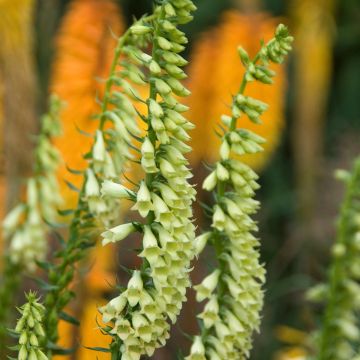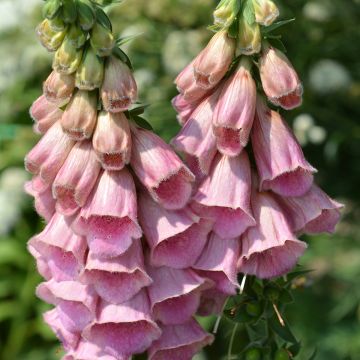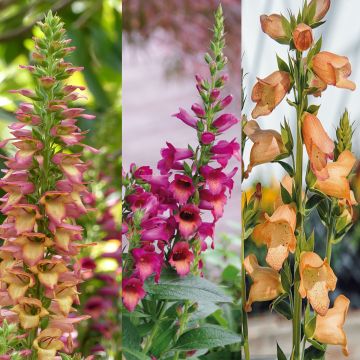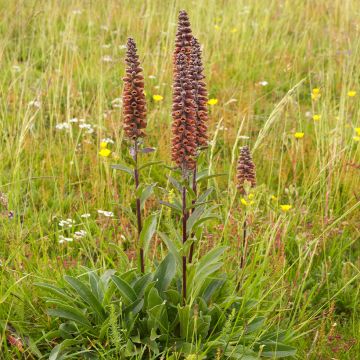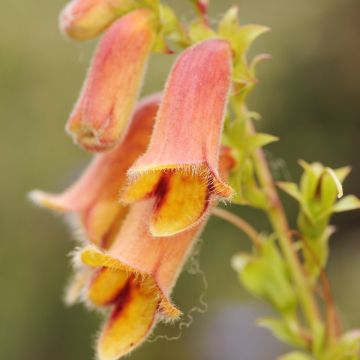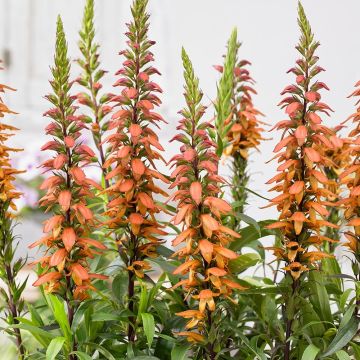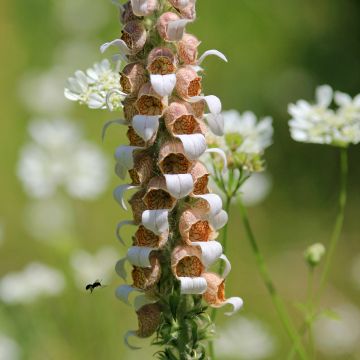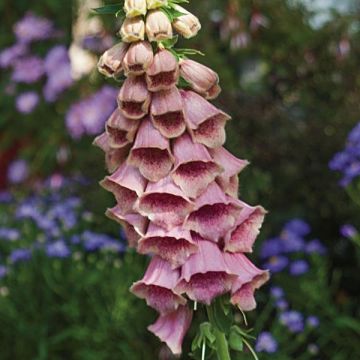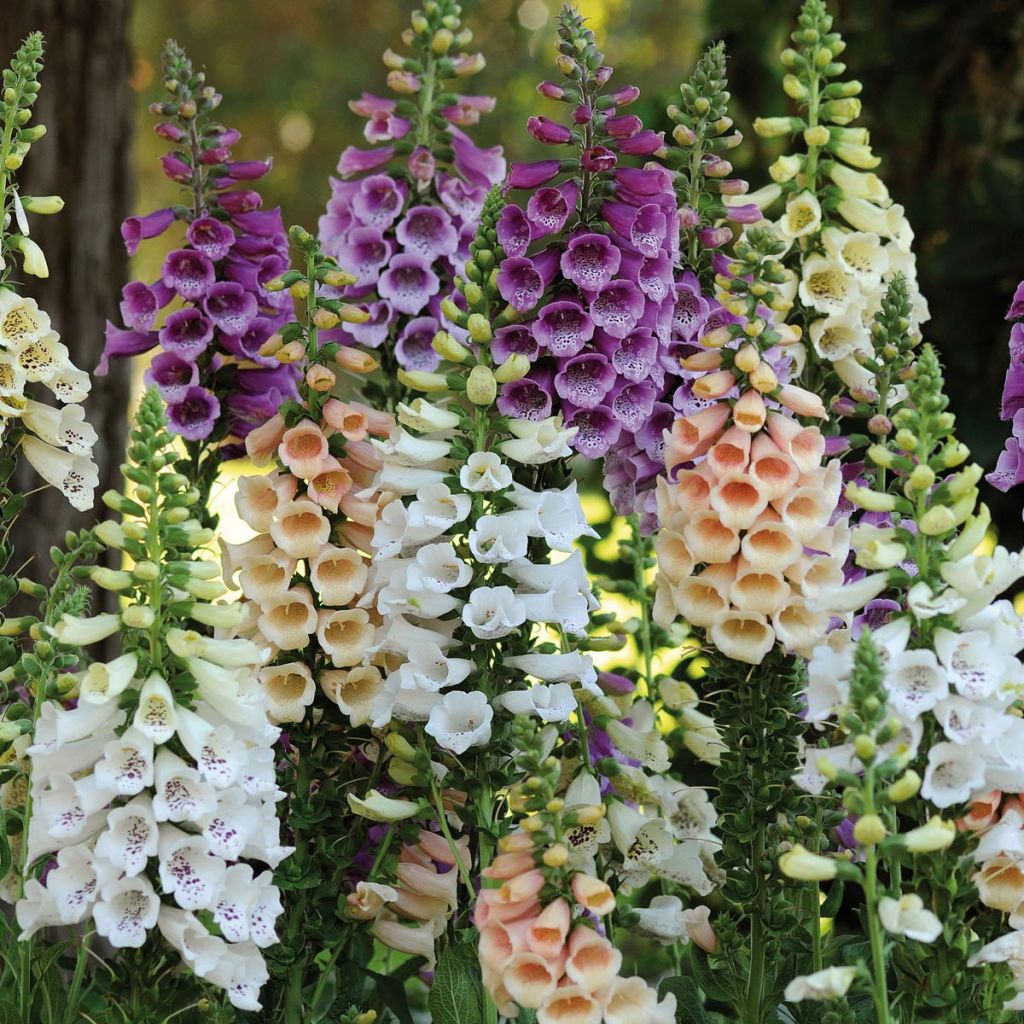

Digitalis Dalmatian - Foxglove
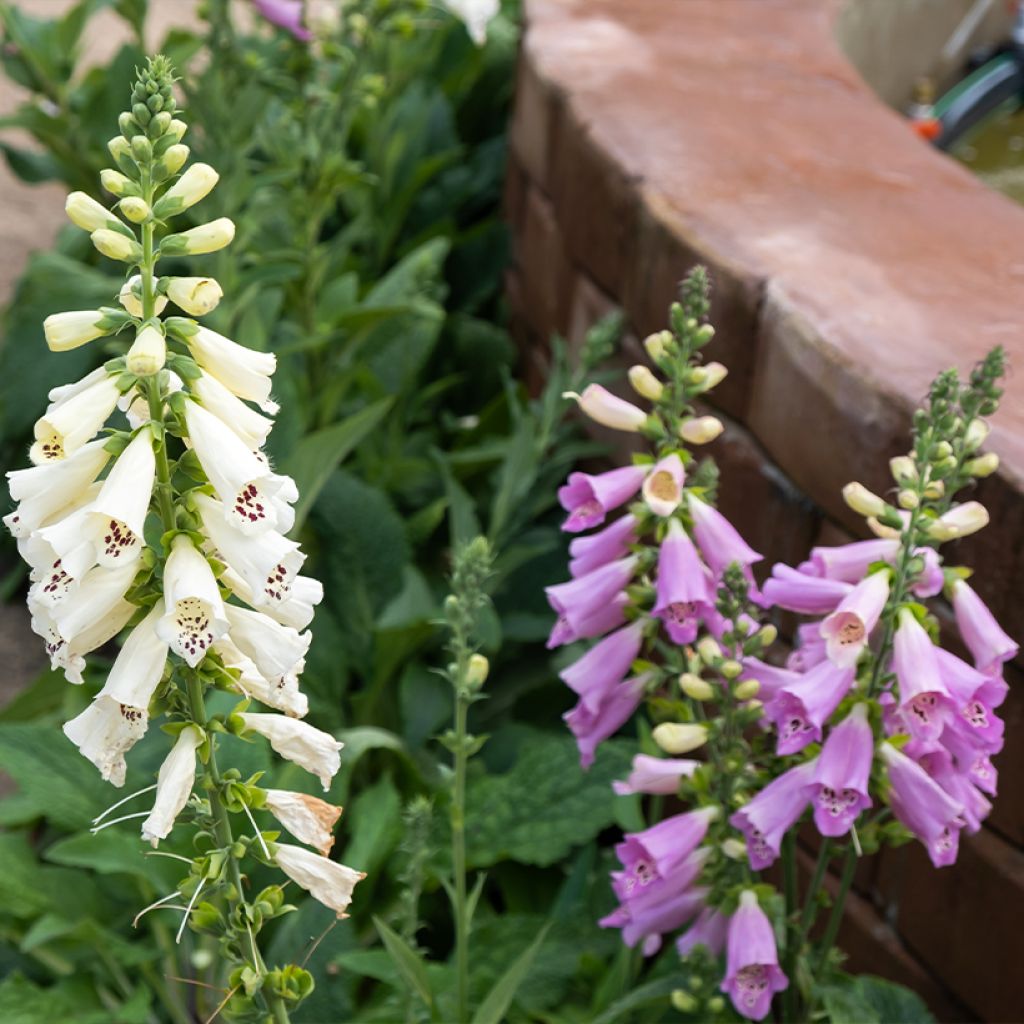

Digitalis Dalmatian - Foxglove
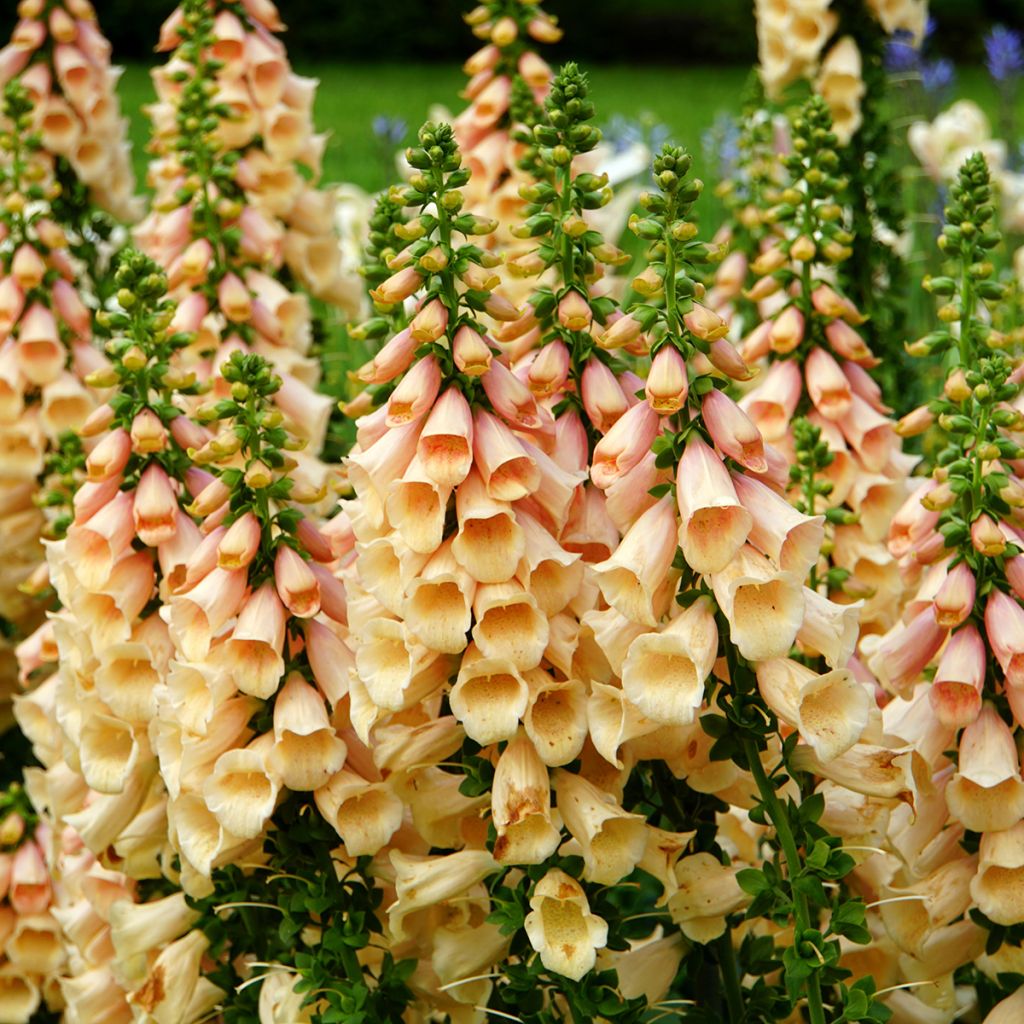

Digitalis Dalmatian - Foxglove
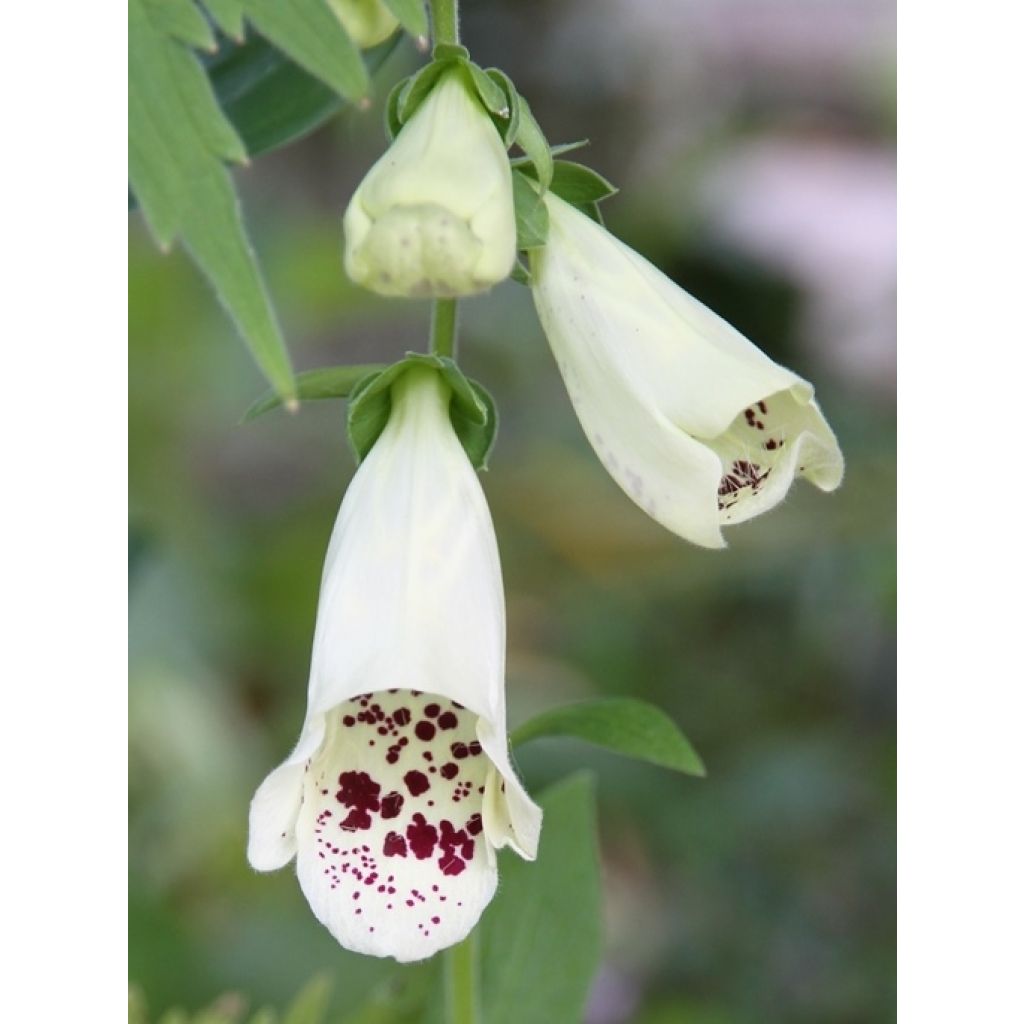

Digitalis Dalmatian - Foxglove
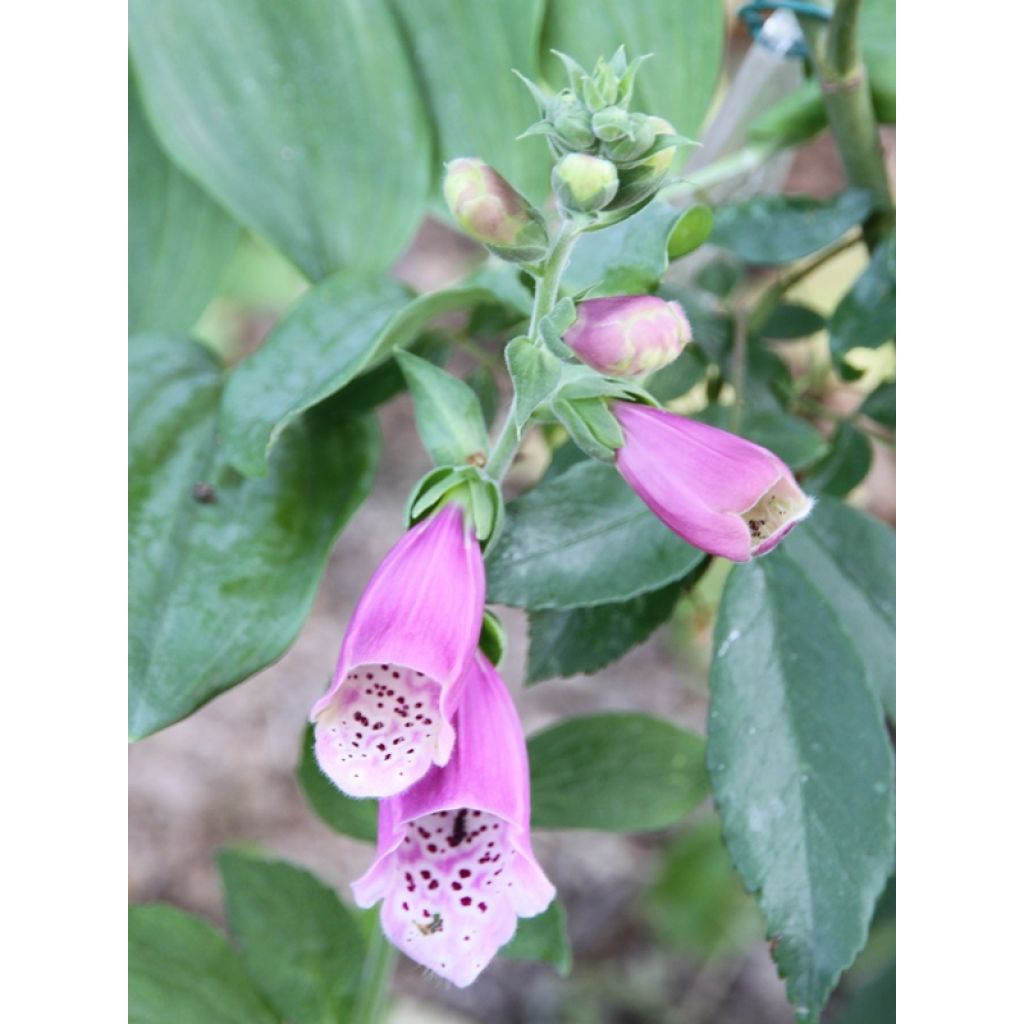

Digitalis Dalmatian - Foxglove
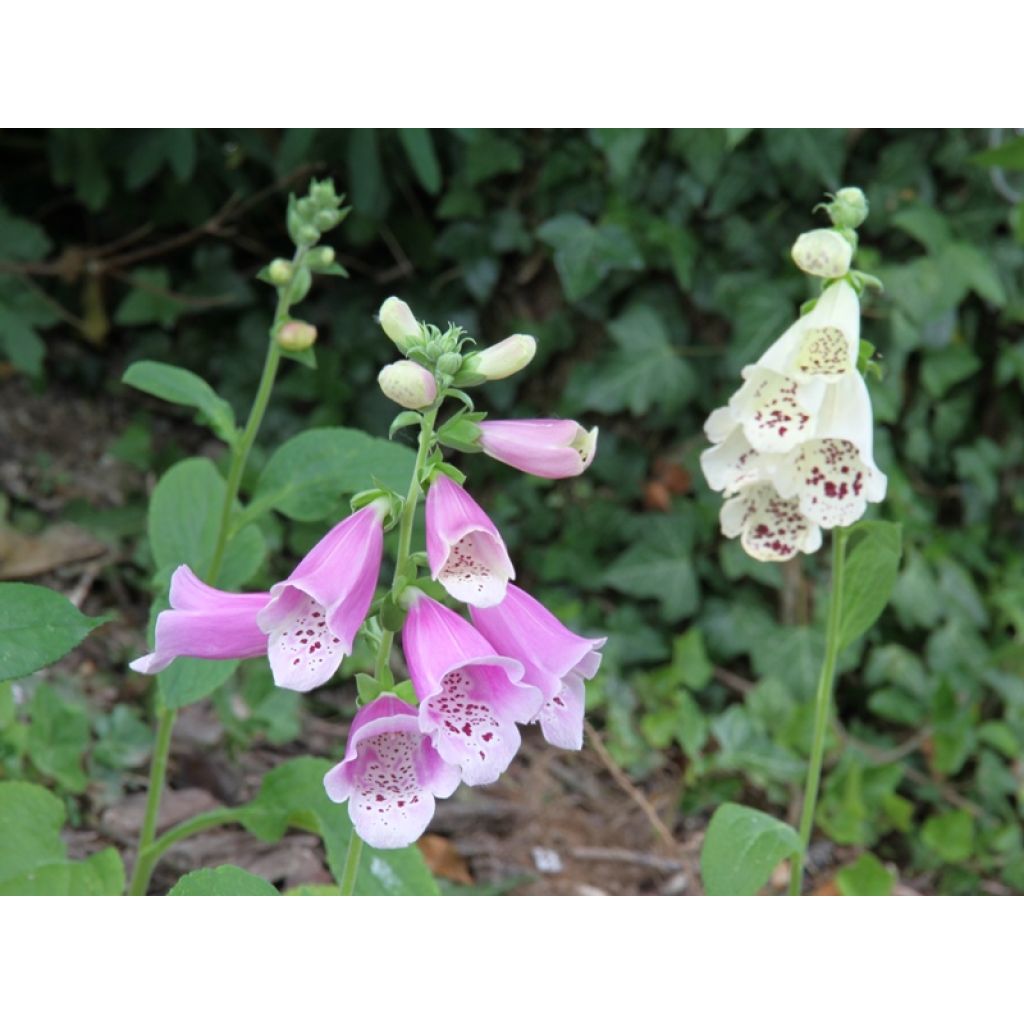

Digitalis Dalmatian - Foxglove
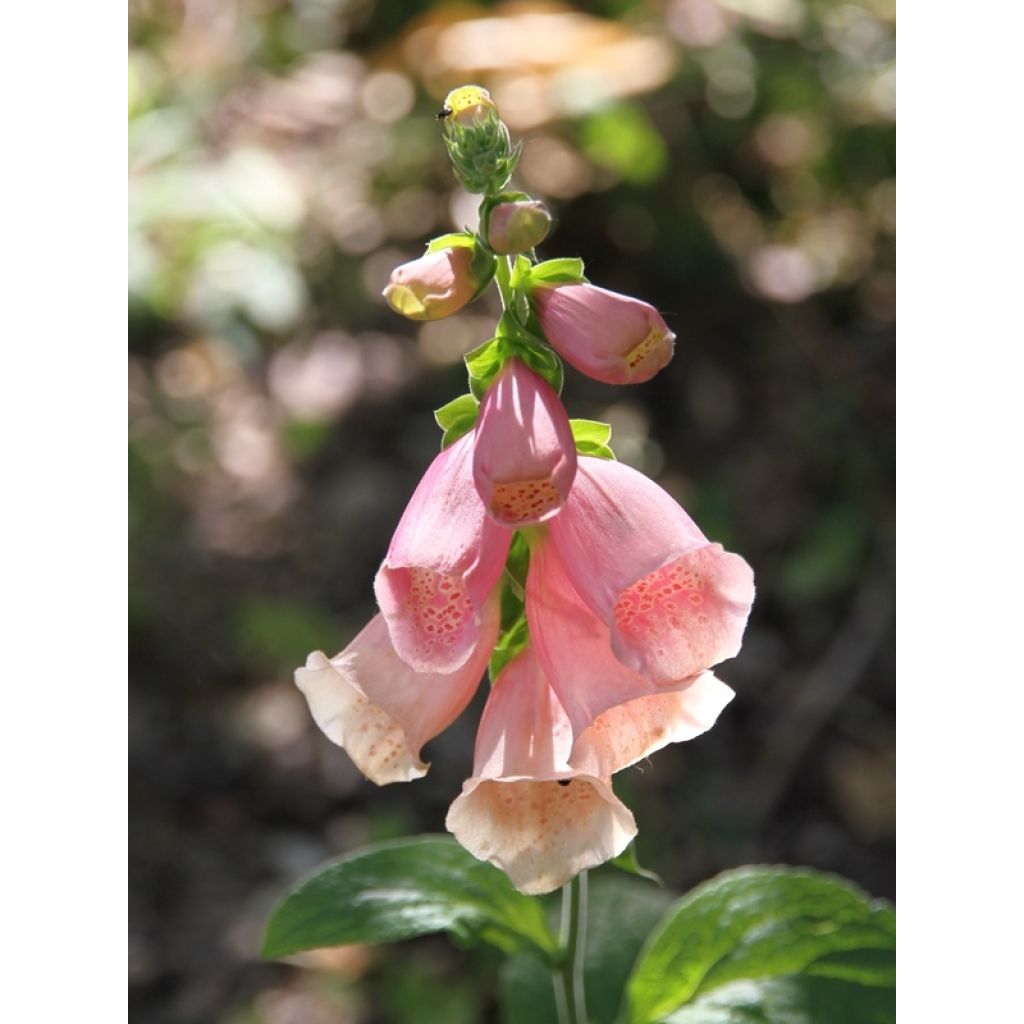

Digitalis Dalmatian - Foxglove
View more pictures
Hide images
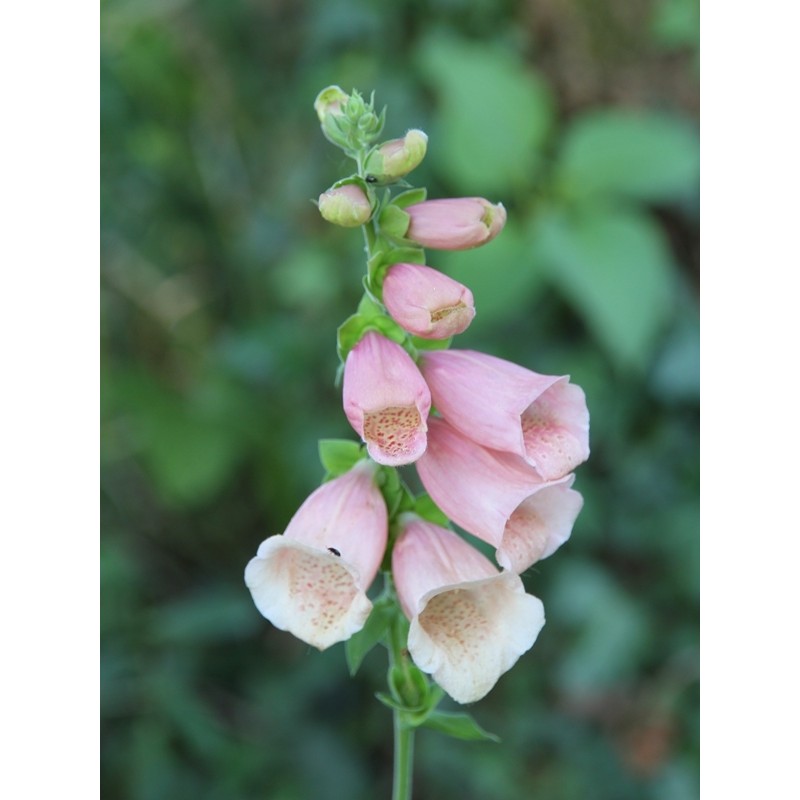
Elise A.

Elise A. • 51 FR
Digitalis Dalmatian - Foxglove
Digitalis Dalmatian
Foxglove
The young plants received in plug plans have thrived well and I plan to transplant them before winter.
Elisabeth, 28/10/2022
Special offer!
Receive a €20 voucher for any order over €90 (excluding delivery costs, credit notes, and plastic-free options)!
1- Add your favorite plants to your cart.
2- Once you have reached €90, confirm your order (you can even choose the delivery date!).
3- As soon as your order is shipped, you will receive an email containing your voucher code, valid for 3 months (90 days).
Your voucher is unique and can only be used once, for any order with a minimum value of €20, excluding delivery costs.
Can be combined with other current offers, non-divisible and non-refundable.
Why not try an alternative variety in stock?
View all →This plant carries a 6 months recovery warranty
More information
We guarantee the quality of our plants for a full growing cycle, and will replace at our expense any plant that fails to recover under normal climatic and planting conditions.

Would this plant suit my garden?
Set up your Plantfit profile →
Description
This Dalmatian mix of foxgloves offers flowers in exceptional colours. Of modest size, they generously bloom from a young age, from late spring to early autumn, in long spikes of delicately speckled flowers, above evergreen, glossy dark green foliage. They are robust and easy-to-grow biennials in humus-rich and well-drained soil, in full sun or partial shade. They can be planted in flower beds, but also make beautiful pots on the patio.
The wild species, Digitalis purpurea, from which this selection originates, is found in clearings or at the edge of woodlands. It is a biennial plant or sometimes a short-lived perennial of the Plantaginaceae family, forming a basal clump 20 to 40 cm (8 to 16in) wide in the first year. In the second year, it produces tall flowering stems that can reach 2 meters (7 feet). Then the plants naturally self-seed.
The foxglove is easily recognizable by its finger-shaped flowers. The flowers are tubular-shaped with a length of 4 to 5 cm (2in), with fused petals that are usually pendulous with a slight upward curve, revealing the throat.
The horticultural variety 'Dalmatian', offered here in a mix, is distinguished by its significantly shorter height. From June to September it produces large bell-shaped flowers in various but always sought-after colours including white, cream, yellow, peachy pink to apricot, mauve to purple, with a throat speckled with white, salmon, purple or deep violet depending on the plants. It blooms from bottom to top and offers nectar to pollinating insects.
Displaying perfect performance in flower beds and pots, it grows well in sparsely wooded areas or alpine gardens, and tolerates competition from other roots quite well. In the north, it should be planted in a sunny location, while in the south, it prefers partial shade and damp ground. It can be planted at the base of hedges or shrub beds, where it will bloom abundantly from late spring to autumn. It pairs well with the blue bells of campanulas, the flowers of columbines, centaureas, or the purple stars of asters in autumn. This well-branched variety, with a not too tall habit, will allow you to enjoy its flowers for a long time in a large pot near the house. Take advantage of these flowers indoors as well, by creating sumptuous bouquets.
Caution, the plant is toxic if ingested, after handling, it is important to wash your hands thoroughly.
Note: Please be aware that our young plug plants are professional products intended for experienced gardeners: upon receipt, transplant them as soon as possible, in pots, containers or directly in flower beds.
Report an error about the product description
Flowering
Foliage
Plant habit
Safety measures
Botanical data
Digitalis
Dalmatian
Scrophulariaceae
Foxglove
Cultivar or hybrid
ingestion
Cette plante est toxique si elle est ingérée volontairement ou involontairement.
Ne la plantez pas là où de jeunes enfants peuvent évoluer, et lavez-vous les mains après l'avoir manipulée.
Pensez à conserver l'étiquette de la plante, à la photographier ou à noter son nom, afin de faciliter le travail des professionnels de santé.
Davantage d'informations sur https://plantes-risque.info
Other Digitalis - Foxglove
View all →Planting and care
This 'Dalmatian' foxglove is a biennial plant. It is easy to grow in the garden, planted in the sun or in partial shade, in a well-draining, ordinary, rather humus-rich, not too chalky soil. It is a very hardy plant, but its lifespan is quite short. Foxgloves self-seed abundantly in the garden, but the plants obtained are not always identical to the parent plants when it comes to horticultural selections, especially when several cultivars coexist in the garden.
Planting period
Intended location
Care
-
, onOrder confirmed
Reply from on Promesse de fleurs
Haven't found what you were looking for?
Hardiness is the lowest winter temperature a plant can endure without suffering serious damage or even dying. However, hardiness is affected by location (a sheltered area, such as a patio), protection (winter cover) and soil type (hardiness is improved by well-drained soil).

Photo Sharing Terms & Conditions
In order to encourage gardeners to interact and share their experiences, Promesse de fleurs offers various media enabling content to be uploaded onto its Site - in particular via the ‘Photo sharing’ module.
The User agrees to refrain from:
- Posting any content that is illegal, prejudicial, insulting, racist, inciteful to hatred, revisionist, contrary to public decency, that infringes on privacy or on the privacy rights of third parties, in particular the publicity rights of persons and goods, intellectual property rights, or the right to privacy.
- Submitting content on behalf of a third party;
- Impersonate the identity of a third party and/or publish any personal information about a third party;
In general, the User undertakes to refrain from any unethical behaviour.
All Content (in particular text, comments, files, images, photos, videos, creative works, etc.), which may be subject to property or intellectual property rights, image or other private rights, shall remain the property of the User, subject to the limited rights granted by the terms of the licence granted by Promesse de fleurs as stated below. Users are at liberty to publish or not to publish such Content on the Site, notably via the ‘Photo Sharing’ facility, and accept that this Content shall be made public and freely accessible, notably on the Internet.
Users further acknowledge, undertake to have ,and guarantee that they hold all necessary rights and permissions to publish such material on the Site, in particular with regard to the legislation in force pertaining to any privacy, property, intellectual property, image, or contractual rights, or rights of any other nature. By publishing such Content on the Site, Users acknowledge accepting full liability as publishers of the Content within the meaning of the law, and grant Promesse de fleurs, free of charge, an inclusive, worldwide licence for the said Content for the entire duration of its publication, including all reproduction, representation, up/downloading, displaying, performing, transmission, and storage rights.
Users also grant permission for their name to be linked to the Content and accept that this link may not always be made available.
By engaging in posting material, Users consent to their Content becoming automatically accessible on the Internet, in particular on other sites and/or blogs and/or web pages of the Promesse de fleurs site, including in particular social pages and the Promesse de fleurs catalogue.
Users may secure the removal of entrusted content free of charge by issuing a simple request via our contact form.
The flowering period indicated on our website applies to countries and regions located in USDA zone 8 (France, the United Kingdom, Ireland, the Netherlands, etc.)
It will vary according to where you live:
- In zones 9 to 10 (Italy, Spain, Greece, etc.), flowering will occur about 2 to 4 weeks earlier.
- In zones 6 to 7 (Germany, Poland, Slovenia, and lower mountainous regions), flowering will be delayed by 2 to 3 weeks.
- In zone 5 (Central Europe, Scandinavia), blooming will be delayed by 3 to 5 weeks.
In temperate climates, pruning of spring-flowering shrubs (forsythia, spireas, etc.) should be done just after flowering.
Pruning of summer-flowering shrubs (Indian Lilac, Perovskia, etc.) can be done in winter or spring.
In cold regions as well as with frost-sensitive plants, avoid pruning too early when severe frosts may still occur.
The planting period indicated on our website applies to countries and regions located in USDA zone 8 (France, United Kingdom, Ireland, Netherlands).
It will vary according to where you live:
- In Mediterranean zones (Marseille, Madrid, Milan, etc.), autumn and winter are the best planting periods.
- In continental zones (Strasbourg, Munich, Vienna, etc.), delay planting by 2 to 3 weeks in spring and bring it forward by 2 to 4 weeks in autumn.
- In mountainous regions (the Alps, Pyrenees, Carpathians, etc.), it is best to plant in late spring (May-June) or late summer (August-September).
The harvesting period indicated on our website applies to countries and regions in USDA zone 8 (France, England, Ireland, the Netherlands).
In colder areas (Scandinavia, Poland, Austria...) fruit and vegetable harvests are likely to be delayed by 3-4 weeks.
In warmer areas (Italy, Spain, Greece, etc.), harvesting will probably take place earlier, depending on weather conditions.
The sowing periods indicated on our website apply to countries and regions within USDA Zone 8 (France, UK, Ireland, Netherlands).
In colder areas (Scandinavia, Poland, Austria...), delay any outdoor sowing by 3-4 weeks, or sow under glass.
In warmer climes (Italy, Spain, Greece, etc.), bring outdoor sowing forward by a few weeks.






























